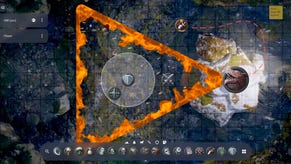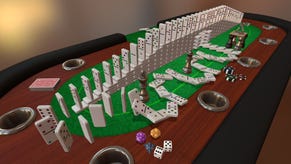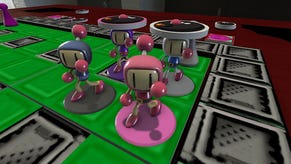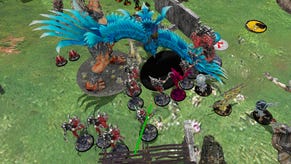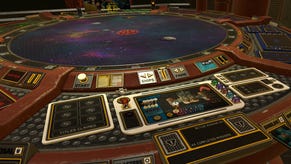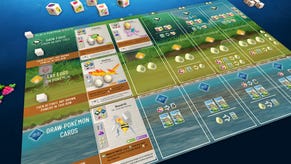Tabletop Simulator’s language support update frustrates players by using machine translation
Press Z to bread.
Tabletop Simulator’s latest update claimed to raise the number of supported languages to 29, but the news angered fans and the wider multilingual community when they discovered Google-owned machine learning algorithms had been used to accomplish the work.
Developer Berserk Games released a patch announcement on January 29th, detailing several bug fixes and features added to the digital board game app, headlined with “translations for all 29 languages supported by Steam”. It then explained that the support had been accomplished “with the help of google translate”, along with player tools for “creating your own translations and sharing them on the Workshop”, a public page for user-created content.
The announcement prompted immediate backlash from the community, who were quick to point out the flaws in relying on machine learning algorithms to translate in-game text. Screenshots highlighted terrible (if sometimes humorous) translations, Japanese characters spilling out of boxes and poor technical implementation.
Other highlights include translating the lead designer title to the element - you know, the stuff that blocks X-Rays and still contaminates Flint, Michigan’s drink water - and “press z to bread”.
A common vein throughout the pursuant discussion focused on Berserk’s apparent insistence on not hiring professional translators. “The fact that you basically butchered the game in certain languages by using Google Translate means that you shouldn't even get to show this off on your store page,” Twitter user Dyze said. “I checked Polish, and it's as bad as I thought it would be. Hire some actual translators, get better.”
A screenshot appears to show Berserk developer Knil explicate their reasoning, claiming “translating additional texts into 29 different options is not a viable option”.
“Instead, we added the ability for the community to create translations not only for their own mods but also the main game interface,” they said. “We plan on featuring the best translations from the community so they are easily discoverable in the future.”
User Hugo L is shown responding to Knil with a particular disdain and disappointment echoed in responses to Tabletop Simulator’s tweet announcement: “Not only will you keep those awful excuses for translations in your game, you’re going to let your community do free labour for your sake instead of hiring competent, professional translators, with most of them working way below minimum wage while TTS got you literal millions?”
Localisation specialist Katrina Leonoudakis took the opportunity to author a Twitter thread explaining how machine translation is a tool, and like many tools can be horribly misused for a given situation. “You wouldn’t use a jackhammer to nail a painting to the wall.”
The discussion is an interesting read that explains in detail why machine algorithms can and are useful for translation, along with how they tend to fall apart at the seams when digesting anything remotely creative in nature. That fact doesn’t stop many companies from eschewing the cost of hiring human translators, opting for “good enough” at the expense of added labour from users, quite literally in Tabletop Simulator’s case.
Dicebreaker reached out to Berserk for comment, as well as asking if it had plans to reimburse users for translating official Tabletop Simulator elements, but did not receive a response before publication.


